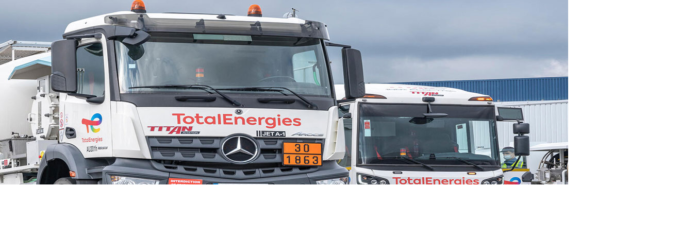Lack of transparency, competence and competition have again been stressed as cogs at the wheels of achieving sustainable and enviable progress in the Nigerian downstream petroleum sector.
Other impediments include, lack of accountability by leaders, absence of a strong market regulator, dysfunctional and unavailability of modular refineries, inadequate storage facilities, decrepit pipeline infrastructure and investment deficits, drainage channels quagmire, weak and haphazard haulage system, exacerbated by the deplorable road conditions, cost of purchasing and maintaining haulage trucks and above all, subsidy and government’s apprehensions over and against unrestricted market environment.
While assuring Nigerians of sufficient petroleum products offshore to deal with the stalemate in the downstream sector at the moment, MOMAN (Major Oil Marketers Association of Nigeria) however said the situation still may not have been much different even with the products onshore owing to the long subsidy regime on PMS whose high negative impact was the obvious diminution in capacity of the country’s relevant institutions to absorb the shock of the current products crisis. Adding that a disruption in one part of the supply chain has the tendency of creating more than ripple effects which also and ultimately result in queues at stations.
The Union said Nigeria must, as a matter of urgency, start the process of price deregulation to reduce or even eliminate subsidy which, apart from its unprofitability, is also shrouded in secrecy and ambiguity. Adding that the country can still carry out a subsidy regime, but it should be meaningful within specific areas targeted at sectors development like agriculture and transportation, thereby reduce food price inflation and generate more jobs for Nigerians.
It said that its ultimate priority is to find ways of liberalizing products supply through transparency and competition which will also guarantee a steadier, more efficient supply at optimum prices. It also noted that imported products must compete with locally refined products to find a meeting point between the need for local refining and competitively low but cost recovered prices for Nigerians towards sustainability.
It maintained that dialogue with the Nigerian people was imperative, as identification, negotiation and agreement were the basic sine qua non for immediate implementation of programmes, geared to save the downstream industry. It said government’s deliberate inefficiency, resulting from revenue freefall, has speeded the degradation and lack of investment to maintain, renew and grow assets and facilities such as refineries, pipelines, depots, trucks, and modern filling stations. Adding that this lack of investments contribute in no small measure to fuel
distribution inefficiencies and high costs. Stressing that neither the new, nor the refurbished refineries, would survive with the refining margins at current pump prices.
It said exploration, production as well as refining of crude oil and the distribution of refined products, was an international business with ebbs and flows and guided by specific models, guidelines, rules, and norms designed to protect and sustain consumers within the energy supply chain. Urging that the Nigerian government and the industry apply demonstratively the globally acceptable health, safety, environmental protection, and quality norms even within and amongst its local populations, as cutting corners would be irresponsible, unaccountable, and unsustainable.
MOMAN stakeholders who said they would not rest on their oars until full deregulation of Nigeria’s downstream petroleum sector was achieved, were speaking during the last quarter MOMAN-Press Workshop held virtually recently.


